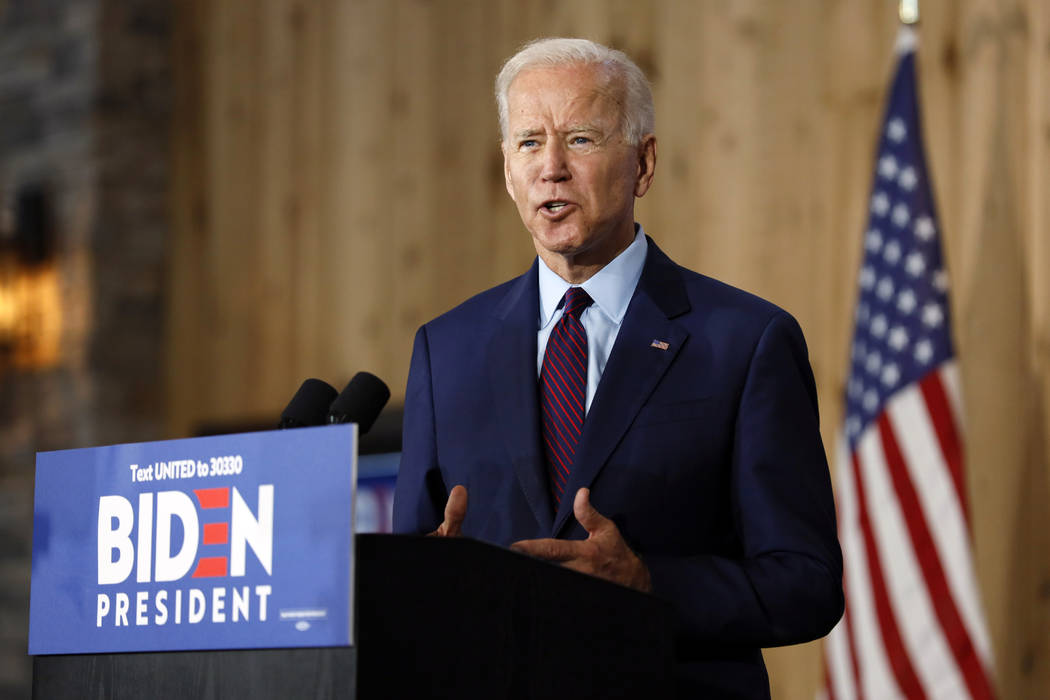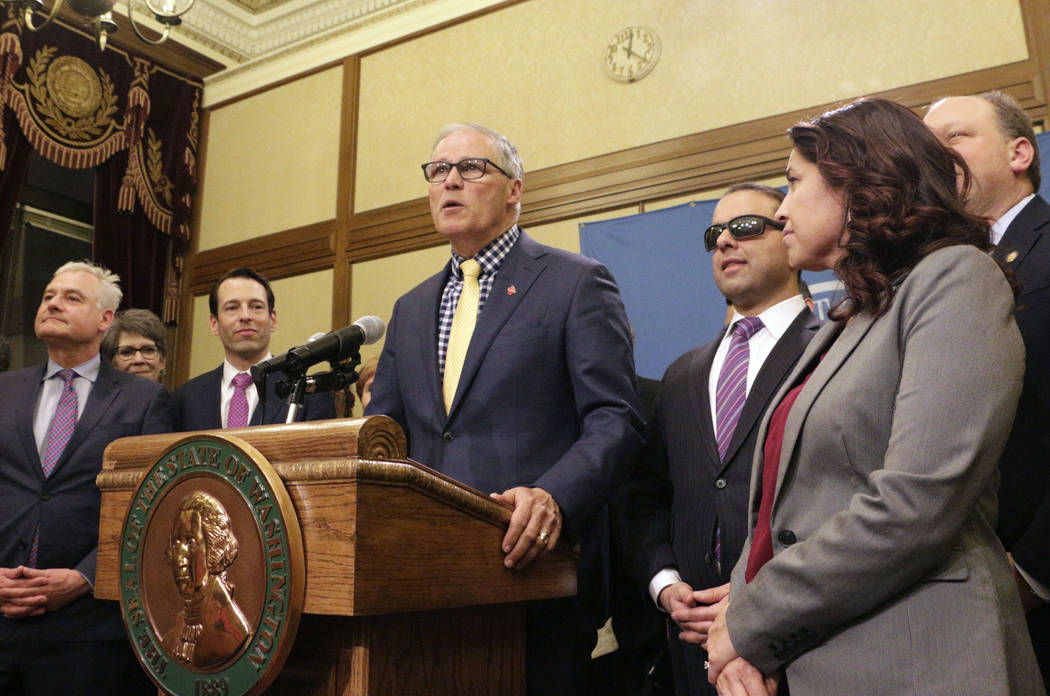VICTOR JOECKS: The many problems with the public option
When compared to “Medicare for All,” the so-called “public option” sounds like a moderate alternative. Don’t be fooled. It’s just a slower way to get to single-payer health care.
Democratic presidential candidates fall into two camps on health care. Candidates such as Sens. Bernie Sanders and Elizabeth Warren support Medicare for All. That approach would outlaw private insurance, forcing 160 million off their current plans and onto Medicare. Government would be responsible for paying everyone’s health care bills. There’s always an appeal to “free stuff,” but the price tag — $32 trillion over 10 years — is staggering. For context, the federal government will spend $4.5 trillion this year, which will result in a $1.1 trillion deficit.
There’s a reason it’s called socialized medicine. The government would be in charge of distributing health care. It would set payment rates for doctors and hospitals. If you wanted surgery, you’d have to wait for the approval of a government bureaucrat.
Some Democrats, such as Joe Biden, are pushing an alternative — a public option. That would allow any American to buy Medicare coverage just as if they would purchase a private insurance plan.
There are many reasons it’s a bad idea for government to compete with private businesses. Let’s start with the fact that it’s not the government’s responsibility. The Constitution gives the federal government the ability to raise an Army and collect taxes, not to get into the health care business. Alas, many of the constitution’s limitations have been whittled away over the past century.
Next, government has unjust advantages over private entities. It can regulate its competition. Imagine if Burger King had the ability to impose rules on other fast-food companies. It could ban McDonald’s from having drive-through lanes or prohibit Wendy’s from serving french fries. Doing those things would maximize its revenues at the expense of consumers. Politicians and government bureaucrats would have the same perverse incentive.
The government can also tax its competitors. If the Medicare buy-in is costing more than expected, the government could increase taxes on other insurance companies to make up the difference. Or it could just add on to the $22.5 trillion national debt.
No private company has the ability to lose that much money.
Another problem is that hospitals lose money on Medicare patients. They can afford those losses because private insurance companies pay one-and-a-half to four-times as much as for the same procedures. That’s according to a nationwide study from the nonprofit Rand Corporation.
But if more people were on Medicare, those losses could be unsustainable. An industry group estimates that more than 50 percent of rural hospitals would face a high risk of closure if a public option were in place.
Government competing against businesses in the marketplace is like a baseball umpire being a member of the home team. You can’t be both a competitor and a neutral party.
Victor Joecks’ column appears in the Opinion section each Sunday, Wednesday and Friday. Listen to him discuss his columns each Monday at 10 a.m. with Kevin Wall on 790 Talk Now. Contact him at vjoecks@reviewjournal.com or 702-383-4698. Follow @victorjoecks on Twitter.



















